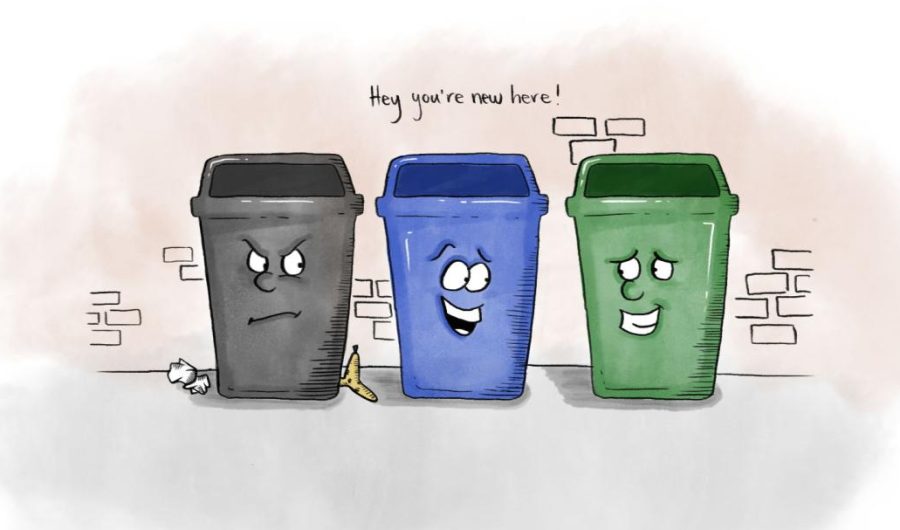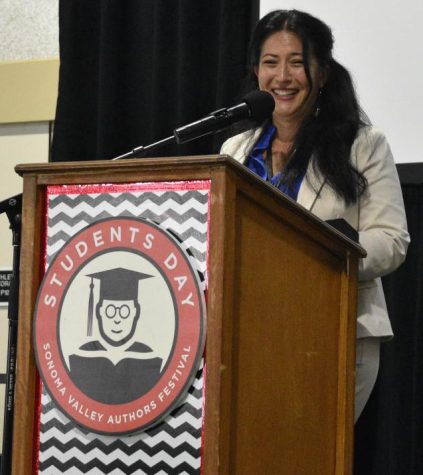Composting in Effect Takes Place in California
A composting law went into effect on Jan. 1 in order to reduce the amount of organic waste in California. The law requires residents to separate their organic waste from other garbage. According to environmentalist lawyers at the law firm of Ervin, Cohen, and Jessup, these waste products will include “food, green material, landscape and pruning waste, organic textiles and carpets, lumber, wood, paper products, printing and writing paper, manure, biosolids, digestate, and sludges.”
Currently, California residents who aren’t separating their trash will not pay a fine, but in the future, residents could be charged up to $500 per day for violation. Senior Janette Jauregui-Macias believes “it’s a good idea because people don’t take into consideration the harm that they are causing Earth by not recycling properly.” However, she also believes “that it will cause backlash because some people lack education on what can and cannot be recycled.”
California officials and scientists decided to put the law into effect because of damaging landfills, and the continued release of methane into the atmosphere. This new law would support the law made in 2016 to reduce California methane emissions that are being released by landfills.
Although this new law is officially active, many people are still unaware of their composting duties. Senior Carlos Mata is one student who “had no idea this was happening,” revealing that the state of California is not giving their residents enough information regarding how to recycle properly.
The next question would be what will Sonoma Valley High do in effect of the new law? In evaluating this, California will have to take into consideration the accessibility of composting bins in classrooms as well as who the responsibility for composting falls upon.

This is Rue Gobbée, reporting live as an SVHS senior. In my first year on the staff of the Dragon's Tale, I hope to add illustrations to the newspaper....







